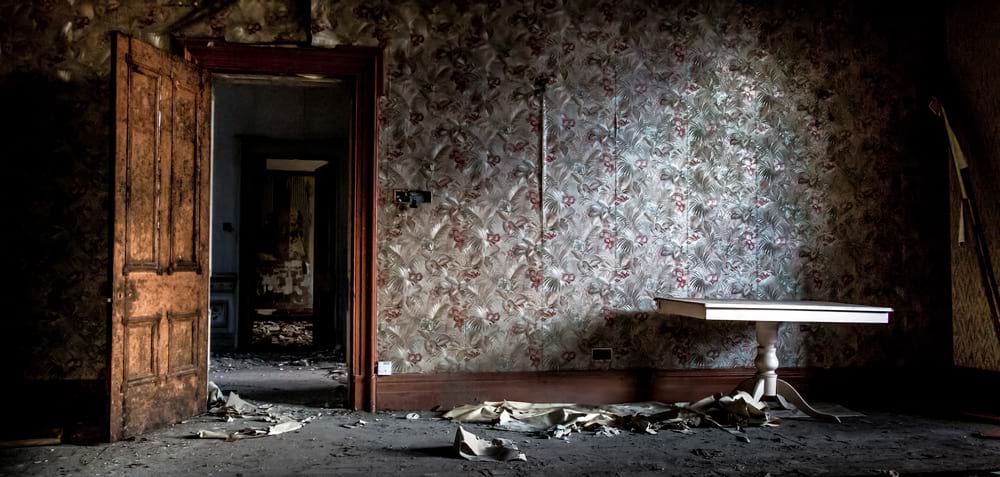Negotiation is an essential part of selling your house.
Getting it right or wrong will save or cost you thousands of pounds.
We’ve given some top tips on negotiating a house price when selling in the blog below.
1. Make a counteroffer
Rule number one of negotiating a house price is to make a counteroffer.
It’s useless to reject an offer without giving any feedback.
Respond to the potential buyer with a figure that you would be willing to settle on.
It might be worth putting an expiration date on this counteroffer, too. This kicks your buyer into action and slightly puts the pressure on.
You may find potential buyers more amenable once they have guidelines for meeting your expectations.
2. Find ways to sweeten the deal
Offloading your house is not just about the final selling price.
There are other ways to ‘sweeten the deal’ and thus make it a wise investment for the buyer. Some ways you can do this include:
- Cover their removal costs
- Pay for other house-selling expenses, such as legal fees and survey costs.
- Include items that they like in the sale. For example, including some or all of your furniture
- Agree to close on a specific day convenient for them.
You will find that some buyers will compromise if you can make the deal attractive in other ways.
Be creative about how you do this. Ask your estate agent for suggestions, too.
3. Offer to take your house off the market (if they meet a certain price)
Buyers often feel nervous if they are competing with other people.
A strategy to assuage their fees is to reassure them. It could make them more agreeable to increasing their price.
One tactic for achieving this is offering to take your house off the market.
This assures buyers that they are the only people you’re dealing with. It can relax them if they are nervous.
You might offer this on the condition that they meet a certain selling price.
4. Decide on a ‘cut-off point’
You should enter every price negotiation with a ‘cut-off point’ in mind. This is a figure that you will not drop below.
Calculate this based on the point at which you will make a loss on the house. Or a certain level of profit you’re looking for.
Get guidance from your estate agent about what can realistically be achieved in the current market.
5. Find out more about your buyer
Being well-informed about a potential buyer puts you in a stronger position when selling your house.
This should never include intrusive behaviour. But there are legitimate ways to learn about the people you’re dealing with.
Ask your estate agent if they know anything about the buyer’s circumstances, such as:
- Why they’re moving
- Where they’re from
- How long they’ve been looking – or trying – to move.
These details might provide insight into their financial position or how urgently (or not) they want to move.
6. Be clear about how much your house is worth
It would help if you took your time when getting your house valued.
It’s often best to bring in an independent expert who is non-biased and realistic.
But once you decide on this figure, you put yourself in a stronger position if you don’t change it.
This approach requires knowledge of the local market. (For example, what other options do your buyers have nearby?)
You may have to be patient when selling your house. Your property’s value does not necessarily change because you aren’t finding a buyer.
You often must be willing to walk away from the deal, too.
7. Create a bidding war
When you sell your house, you can indicate to the buyer that other potential buyers are interested.
This creates a bidding war that pushes the price up. Your estate agent can help to stoke this.
Some homeowners even state that others are interested, even if they aren’t.
If you aren’t comfortable doing this, you could imply that there has been high interest (rather than explicitly lie about potential buyers).
This can be done, for example, by mentioning that managing inquiries and scheduled viewings has been time-consuming without disclosing the exact number.
8. Agree to handle repairs before the sale progresses
Potential buyers often point out issues with houses they are negotiating over.
So, fixing these beforehand will always put you in a stronger position for negotiation.
Buyers are more likely to be amenable to your asking price if you offer to fix the issues beforehand. (Remember: asking price and selling price are not the same thing, but they are linked).
You obviously still want to make a profit on the sale, so consider the return on investment of each fix before going ahead with it.
Alternatively, you could factor the costs of repairs into a price reduction offer. In some cases, buyers actively want to find a fixer-upper house.




















